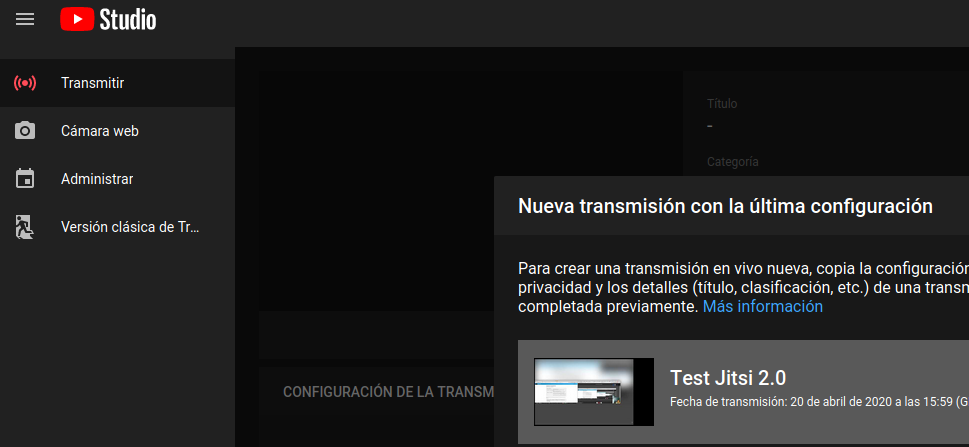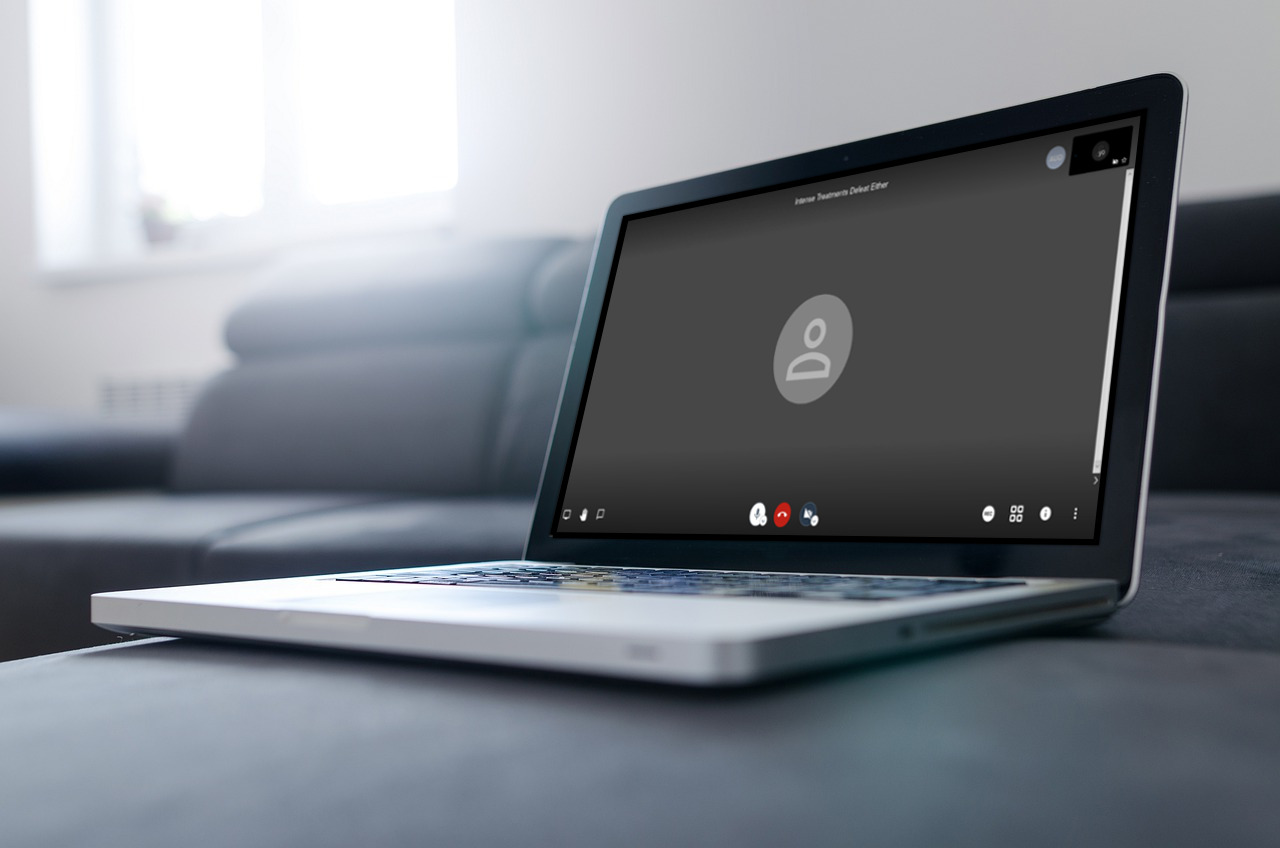From the beginning of social distancing around the world, a trend began for the use of videoconferencing technologies which would allow the productive interaction of a sector of the economically active population to be kept as much as possible.
So we have had several queries based on our Quick Jibri Installer, a very simple installer that allows you to install Jitsi Meet on distributions based on Ubuntu LTS 16.04 and 18.04.
This led us to significantly improve our base code that has been available on GitHub for a couple of years under the GNU GPLv3 license or later.

https://forge.switnet.net/switnet/quick-jibri-installer
Among the new functions that we have arranged with the installer we can mention,
More stable
For a long time we use the unstable version to achieve the latest improvements and corrections in the base code, however time does not pass in vain and the stable version has received the vast majority of functions allowing us to migrate for greater stability to the stable branch of the project .
Irrelevant to stability, we have discontinued support for Apache2, and are now working under nginx as a web server.
Custom Brandeless Mode
It creates a custom mode of Jitsi without brands, without logos, without promotion which allows access to a platform ready to work without being distracted by any branding.
Excellent for secular environments where the purpose of the tool is more functional than promotional.
Jibri Recordings Access (JRA) via Nextcloud
Jibri is one of the options with the highest demand, it operates in two modalities,
Live Streaming
Jitsi Meet video conferencing sessions have the native ability to stream directly to YouTube Studio’s live streaming service through Jibri, the videos are distributed via the YouTube infrastructure allowing an almost unlimited audience around the world. However in these cases the videos are hosted on the platform itself by default.

Local Recordings
As its name implies, the local recording makes a video recording of the video conference session that is hosted locally, from the beginning its design was aimed at integrating with Dropbox as a storage resource, however the latest implementation was open to the community develop it.
While identification through Dropbox is still a requirement, at SwITNet Ltd we are committed to less concessionary solutions, so we prefer to integrate a service powered by Nextcloud as the path to our Jibri recordings, creating the Access to Jibri Recordings Access (JRA) via Nextcloud.

It installs Nextcloud in its stable version and automatically configures the different requirements necessary to obtain an instance running efficiently and safely to manage the recordings of the different sessions through the External Storages App.
Recurrent updater
As we have mentioned repeatedly, one of the options that we consider most valuable is to be able to keep updates.
For this reason we have put more emphasis on the ability to update the platform while keeping the custom options, this was one of the reasons why we have changed from the unstable branch to stable.
This way you can keep up to date with security improvements, functions and other corrections, drastically reducing the possibility that your infrastructure could be affected by any error or regression introduced.
Features under maintenance
We are very satisfied with the progress we have made in these new changes, however, not everything is honey flakes, we have found that there are functions that do not currently operate.
After an extensive update, we noticed that our Jigasi Transcriptor installer, despite successfully configuring the backend, does not work as we would expect. So we continue to review the latest changes in this component and we hope that it will be operating soon.
We hope that this configuration suite will help you and allow you to achieve more for your tasks at a time that requires social distancing against a global pandemic.
In case of requiring support or maintenance, we remain at your service.

